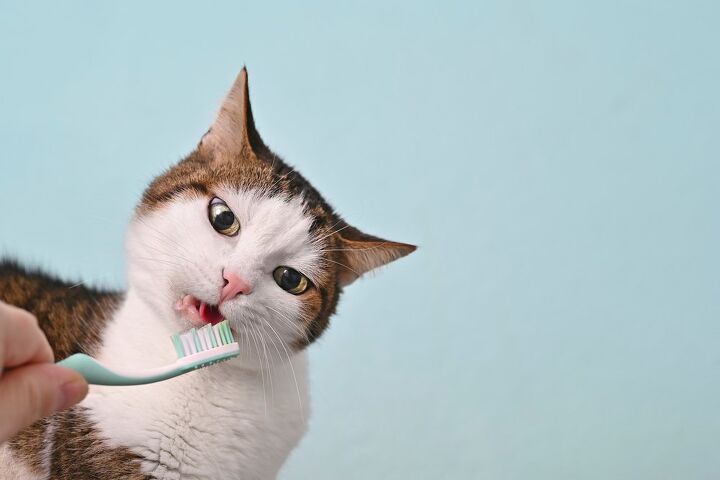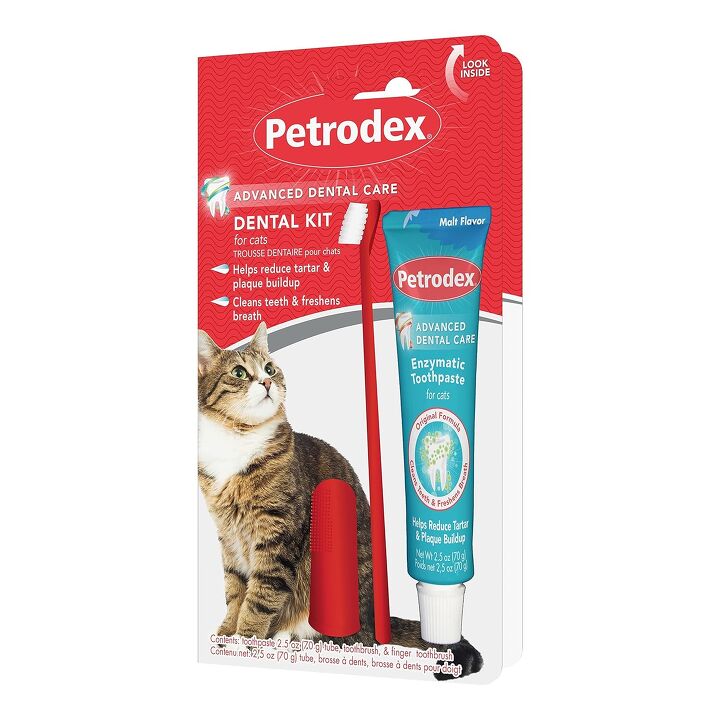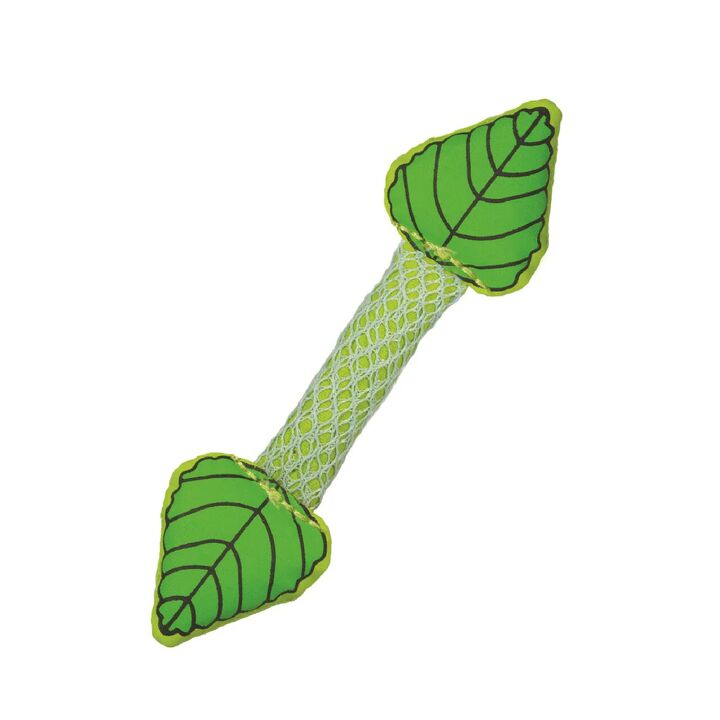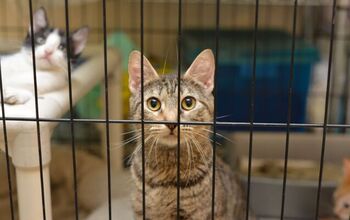Do You Need to Clean A Cat's Teeth?

Cats are known and adored for their free spirit, their stubborn nature, their agility, and their cute and cuddly side as well. They are skilled hunters, and as such they have sharp and perfected teeth. But while a cat roaming the outdoors would gnaw and eat prey she previously caught when you have a pet cat, those same teeth are used to eat a very different kind of food. Naturally, this can have a big impact on your cat’s dental health, as the same principles that were true in nature are not applicable for indoor-only cats anymore – which brings up an important question: do you need to clean a cat’s teeth? How important is this for their hygiene? And most importantly, how do you do it? Let’s take a closer look at this question.
Do You Need to Clean A Cat's Teeth?
Just like for us humans, dental care is important for kitties too. Of course, human and feline teeth are totally different, so dental hygiene is not exactly the same for both. Cat teeth are not brushed as often as our own, but nevertheless, you should provide some level of dental hygiene to your four-legged friend, as it can be a great benefit for their health.
Neglect their little chompers for a long time, and their teeth could deteriorate over the years. This can lead to great discomfort, pain, loss of appetite, and from there – many other problems as well. So, in short, keeping your cat’s teeth clean and maintained is an essential aspect of caring for them. Of course, regular vet checkups will give you a good insight into their dental health and will allow you to spot problems early on and tackle them more easily. But it also goes a long way to know the tips and tricks that help maintain a cat’s dental hygiene. Here are just a few:
- Regular Brushing
The first and foremost rule of kitty dental care. Without regular brushing, everything is meaningless. Through regular brushing, you ensure that there is no buildup of plaque or tartar, which are the foremost causes of deteriorating teeth. Use a toothbrush and toothpaste specifically designed for cats, and introduce the process gradually to get your cat accustomed to it, as not all cats will initially be “up for it”.
- Consider Your Cat’s Diet
Teeth often deteriorate because of an unhealthy diet. So, it goes without saying that your cat’s food should be of top-notch quality. What is more, there are specially formulated dental diets available that are designed to help reduce plaque and tartar buildup.
- Chew Toys and Dental Treats
Dental treats and toys designed to promote chewing can help keep your cat's teeth clean by scraping away plaque as they chew. Just be sure to choose products that are safe and appropriate for your cat. Some chew toys can even ensure a fresh breath as well!
- Watch For Signs of Dental Problems
You should always keep an eye out for signs of dental problems in your cat, such as bad breath, swollen gums, difficulty eating, or pawing at the mouth. If you notice any of these signs, it's important to have your cat evaluated by a veterinarian promptly. Remember, dental issues can occur even if you take good care of your pet. Old age or genetics can still play their part and cause bad teeth.
- Visit Your Vet Regularly
Ultimately, everything depends on regular vet visits. They are crucial for monitoring your pet’s health, and ensuring their teeth are as good as can be. After all, your vet can see things you potentially cannot – and ensure timely treatment for any dental health issue.
Overall, while cleaning your cat's teeth may not be as straightforward as it is with humans, incorporating dental care into your cat's routine can help prevent dental issues and keep them healthier in the long run. Don’t underestimate the importance of healthy teefers!

A proud mama to seven dogs and ten cats, Angela spends her days writing for her fellow pet parents and pampering her furballs, all of whom are rescues. When she's not gushing over her adorable cats or playing with her dogs, she can be found curled up with a good fantasy book.
More by Angela Vuckovic

























